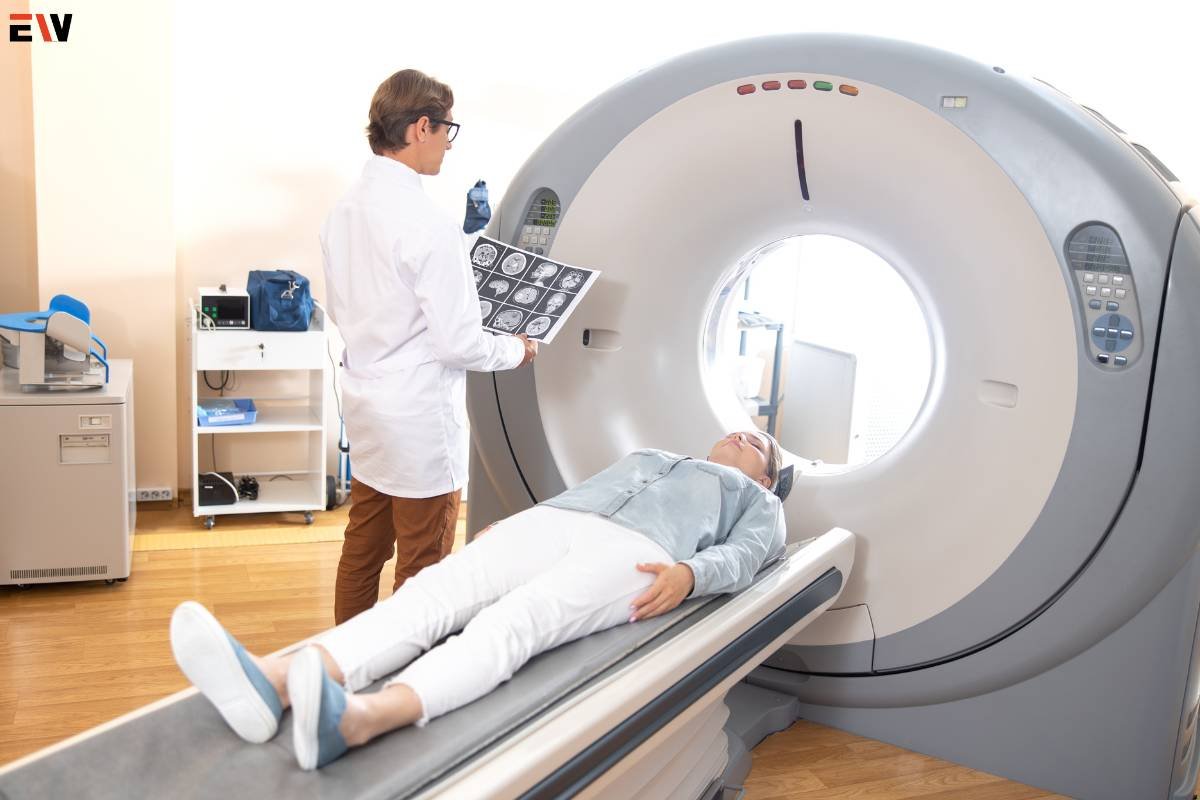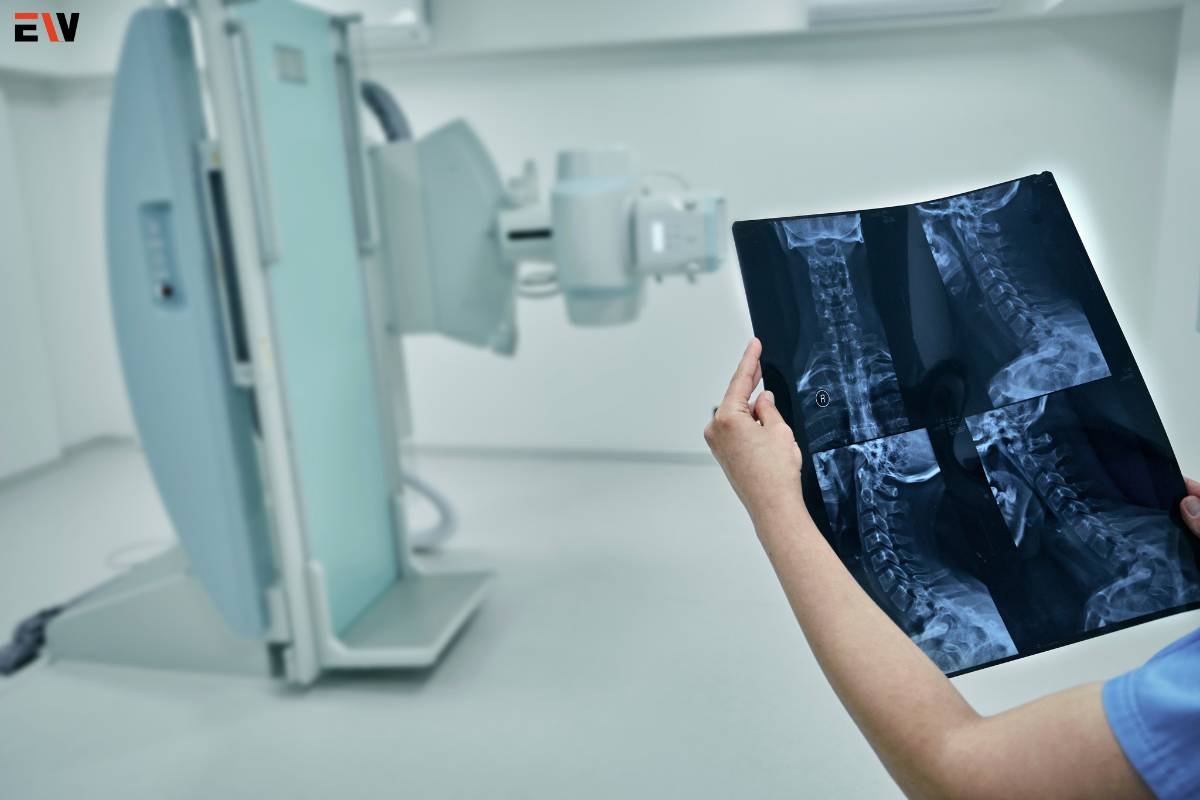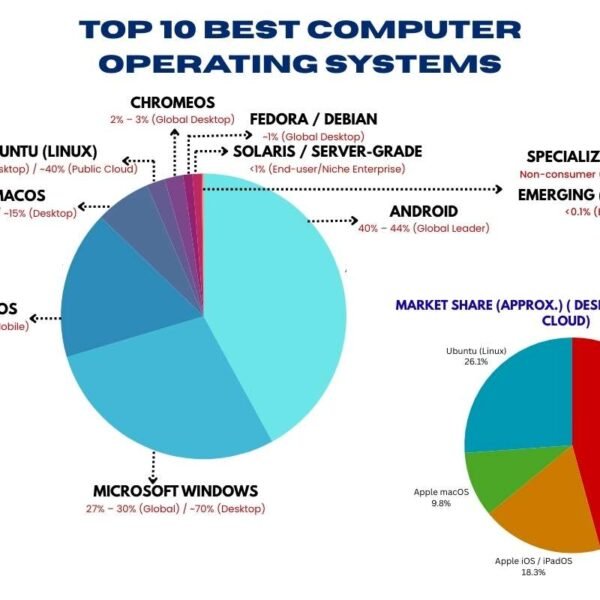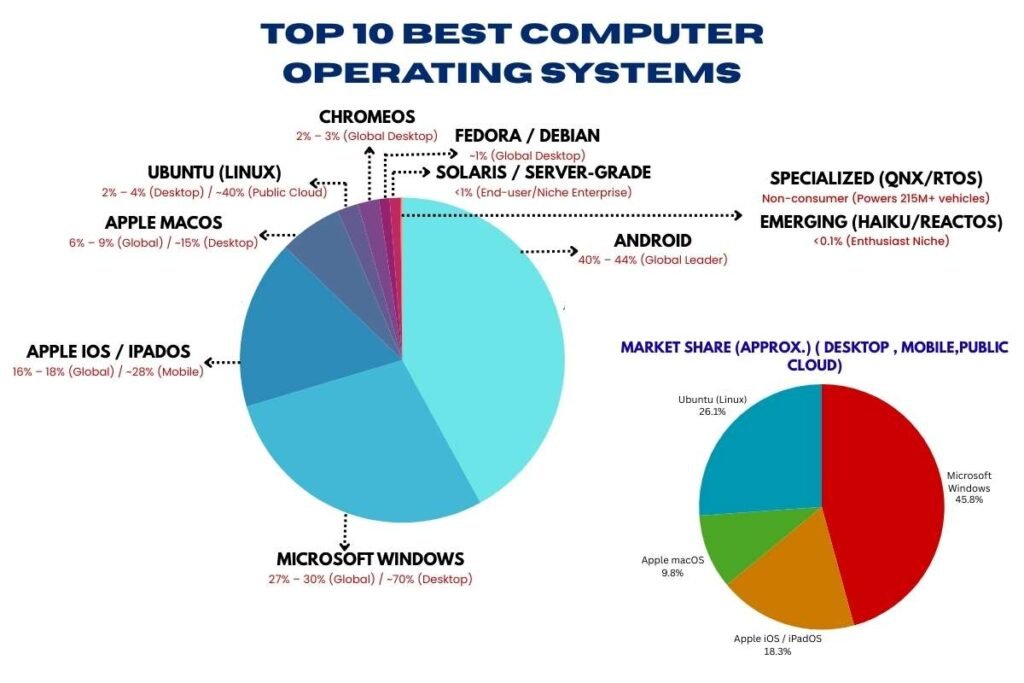For most, entering the field of radiologic technology is an exciting and rewarding career choice. Today, radiologic technologists play a pivotal role in healthcare by performing diagnostic imaging examinations. However, choosing the right radiology tech school is crucial for laying the foundation for a successful career in this field. Let’s explore what factors to consider when selecting the best radiology tech school for your educational journey.
16 Factors to Consider When Selecting the Best Radiology Tech School:
1. Accreditation and Program Quality
First and foremost, ensure that the radiology tech school and its radiology technology program hold proper accreditation from recognized accrediting bodies such as the Joint Review Committee on Education in Radiologic Technology (JRCERT). Accredited programs meet stringent educational standards, ensuring a high-quality curriculum, experienced faculty, and adequate clinical training.
2. Curriculum and Specializations
Review the curriculum offered by the school. A well-rounded program should cover fundamental concepts in radiologic technology, including anatomy, patient care, radiographic procedures, imaging technology, and radiation safety. Some schools might offer specialized tracks or concentrations, such as computed tomography (CT), magnetic resonance imaging (MRI), or mammography. Consider whether these align with your career goals.
3. Clinical Training Opportunities
Clinical training is a crucial component of a radiology tech program. Evaluate the school’s partnerships with healthcare facilities and the availability of clinical placements. Ample hands-on experience in real-world healthcare settings is essential for honing practical skills and gaining exposure to various imaging techniques and equipment.
4. Faculty Expertise and Support
Learn about the qualifications and experience of the faculty members. Faculty expertise greatly influences the quality of education. Professors with industry experience can offer valuable insights and mentorship. Additionally, consider the availability of academic support services, such as tutoring, advising, and career guidance.
5. Technology and Facilities

An effective radiology tech program should have access to modern imaging equipment and simulation labs that replicate real clinical settings. Updated technology ensures that students are familiar with the latest advancements and are well-prepared for their careers upon graduation.
6. Student Success and Job Placement Rates
Look into the school’s track record of student success, including graduation rates and certification examination pass rates. High pass rates on certification exams, such as the American Registry of Radiologic Technologists (ARRT) exam, reflect the program’s effectiveness. Moreover, inquire about the school’s job placement assistance and alumni success stories.
7. Flexibility and Supportive Environment
Consider the program’s scheduling options, whether it offers part-time or online learning opportunities to accommodate diverse student needs. A supportive learning environment, including small class sizes, collaborative learning, and a sense of community, can contribute significantly to your educational experience.
8. Cost, Financial Aid, and Scholarships
Evaluate the overall cost of the program, including tuition, fees, and additional expenses. Research available financial aid options, scholarships, grants, or work-study programs offered by the radiology tech school. Understanding the financial aspect is crucial in planning your educational investment.
9. Industry Connections and Networking Opportunities
Explore the radiology tech school’s connections within the healthcare industry. Schools that have partnerships with hospitals, clinics, or imaging centers might offer networking opportunities, internships, or potential job placements post-graduation. Alumni networks can also provide valuable connections and mentorship opportunities.
10. Research Opportunities and Continuing Education
Some institutions might emphasize research in radiologic technology. Consider whether the school offers opportunities for students to engage in research projects or participate in conferences and symposiums. Additionally, inquire about the availability of continuing education programs or pathways for career advancement after graduation.
11. Geographic Location and Practical Considerations

The location of the school can impact your educational experience. Consider factors such as proximity to clinical sites, commuting distances, cost of living, and opportunities for employment in the area post-graduation. Urban versus rural settings might offer different advantages and challenges.
12. Program Duration and Flexibility
Different programs may have varying durations, ranging from certificate programs to associate or bachelor’s degrees. Consider the length of the program and whether it aligns with your career timeline. Additionally, flexibility in scheduling, especially for working professionals or those with other commitments, can be an essential factor.
13. Program Reputation and Reviews
Research the school’s reputation within the field of radiology technology. Reading reviews from current or former students can provide insights into the program’s strengths, weaknesses, and overall student satisfaction. Online forums or professional associations might also offer valuable perspectives.
14. Regulatory Compliance and Support Services
Ensure that the radiology tech school complies with state regulations and licensure requirements for radiologic technologists. Also, investigate the availability of student support services, such as counseling, career guidance, and assistance with licensure exam preparation.
15. Cultural Fit and Campus Life
Visiting the campus, if feasible, or attending virtual information sessions can give you a sense of the school’s culture and campus life. Consider factors like extracurricular activities, diversity initiatives, and student organizations that might contribute to your overall college experience.
16. Alumni Engagement and Success Stories

Review the success stories of alumni from the program. Alumni engagement, mentorship programs, or events that facilitate interaction between current students and graduates can provide valuable insights into the school’s impact on graduates’ careers.
Conclusion
By meticulously evaluating accreditation, curriculum, clinical opportunities, faculty expertise, technology, student success, support services, flexibility, cost, industry connections, research opportunities, location, program duration, reputation, compliance, campus life, and alumni engagement, you can make an informed decision about the best radiology tech school to propel you toward a rewarding and successful career in radiologic technology.










